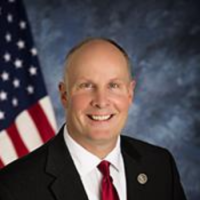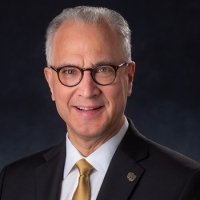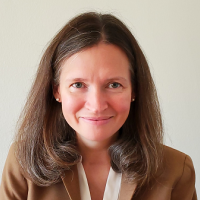Strategic Competition in the Second Trump Administration
The strategic competition between the United States and the People’s Republic of China (PRC) emerged prominently during Donald Trump’s first administration. Policies such as tariffs and trade restrictions, initially implemented under Trump, were subsequently maintained and expanded under Joe Biden’s administration.
Now, as the makeup of the second Trump Administration takes shape and following the President’s priorities outlined in his inaugural address, the Wilson Center is convening its leading experts on China, the Indo-Pacific, Russia, and the Middle East in addition to keynote remarks from Hon. John Moolenaar. Join us for a discussion on the potential trajectories of strategic competition in the coming years, focusing on how the administration’s policies may shape relations with key global players and impact regional dynamics.
Keynote Speaker

Moderator

Panelists
Hosted By

Wahba Institute for Strategic Competition
The Wahba Institute for Strategic Competition works to shape conversations and inspire meaningful action to strengthen technology, trade, infrastructure, and energy as part of American economic and global leadership that benefits the nation and the world. Read more


Indo-Pacific Program
The Indo-Pacific Program promotes policy debate and intellectual discussions on US interests in the Asia-Pacific as well as political, economic, security, and social issues relating to the world’s most populous and economically dynamic region. Read more


Kennan Institute
The Kennan Institute is the premier US center for advanced research on Eurasia and the oldest and largest regional program at the Woodrow Wilson International Center for Scholars. The Kennan Institute is committed to improving American understanding of Russia, Ukraine, Central Asia, the South Caucasus, and the surrounding region through research and exchange. Read more


Kissinger Institute on China and the United States
The Kissinger Institute works to ensure that China policy serves American long-term interests and is founded in understanding of historical and cultural factors in bilateral relations and in accurate assessment of the aspirations of China’s government and people. Read more


Middle East Program
The Wilson Center’s Middle East Program serves as a crucial resource for the policymaking community and beyond, providing analyses and research that helps inform US foreign policymaking, stimulates public debate, and expands knowledge about issues in the wider Middle East and North Africa (MENA) region. Read more






